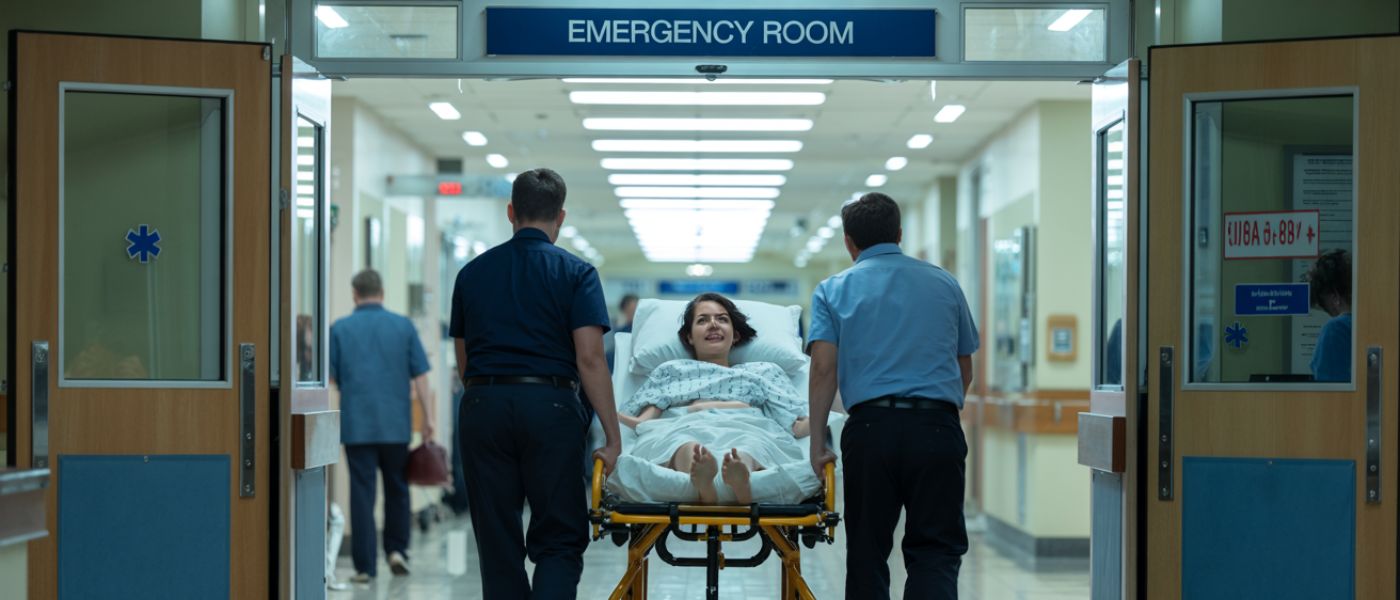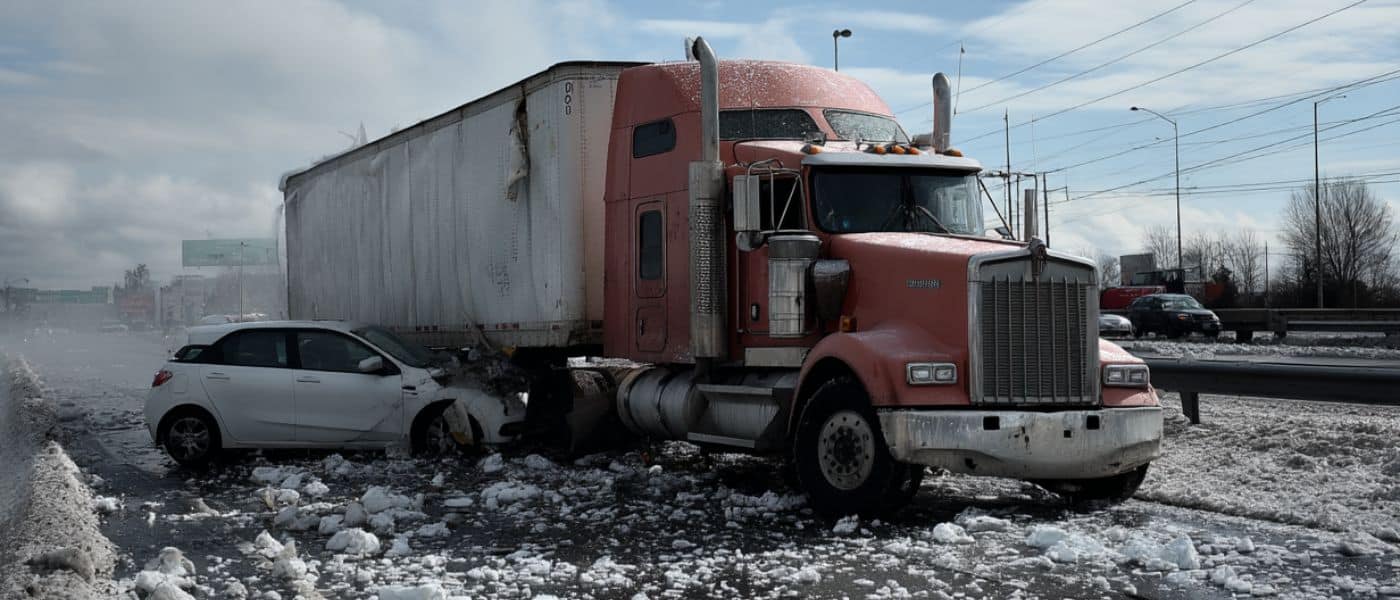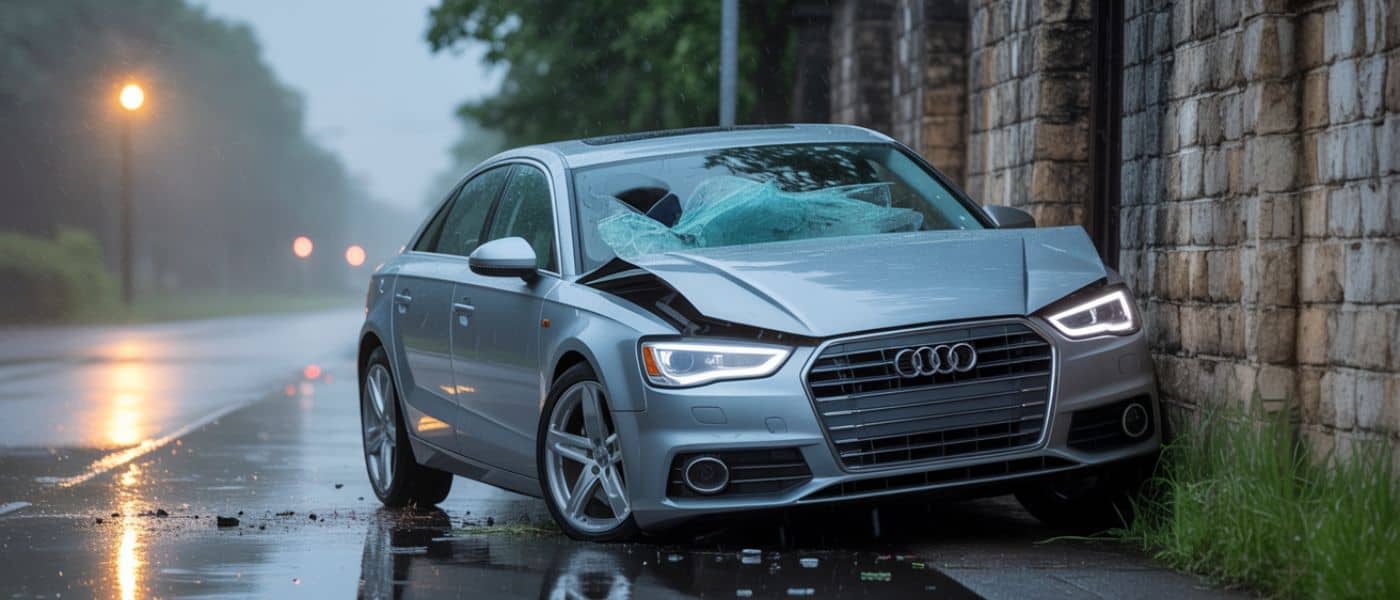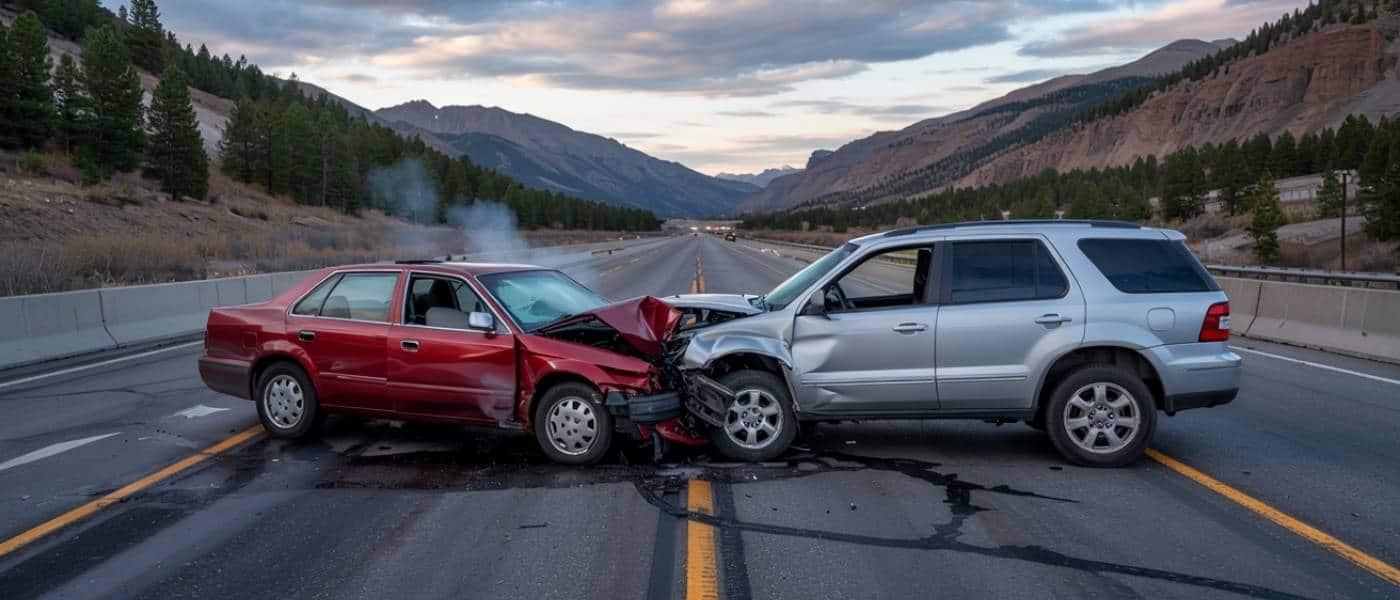Denver Rideshare Accident Lawyer
Rideshare accidents in Denver introduce unique legal complexities due to the involvement of companies like Uber or Lyft operating throughout the Front Range, their drivers navigating our challenging urban corridors, and multiple insurance policies under Colorado law. If you’ve been injured in a rideshare accident – whether as a passenger heading to Denver International Airport, another driver on Colorado Boulevard, or a pedestrian in LoDo – consulting a Denver personal injury lawyer with experience in Colorado’s rideshare regulations is crucial.Rating Overview
Based on 158 Nationwide Google Reviews
RRideshare accidents involving Uber, Lyft, and other services operating throughout Denver can result in severe injuries, complex insurance issues under Colorado law, and significant financial losses. If you or a loved one has been injured in a rideshare accident – whether at DIA, downtown Denver, or anywhere in the metro area – you need an experienced Denver rideshare accident lawyer who understands Colorado’s 2025 Transportation Network Company regulations. At McQuaid Injury Law, we understand the unique challenges of Denver rideshare accident claims, from winter weather incidents to late-night LoDo pickup accidents, and we’re committed to holding negligent parties accountable.
Legal representation is crucial in Denver rideshare cases due to multiple insurance policies and Colorado’s complex liability laws. Our skilled Denver rideshare accident attorneys will ensure your case is thoroughly investigated – from accidents on I-70 to incidents in Cherry Creek – and all responsible parties are identified. Whether you were injured during a ride to Denver International Airport, heading to a Broncos game, or using a rideshare service in the Denver Tech Center, we’ll vigorously defend your rights throughout Colorado’s legal process. With our deep understanding of local rideshare operations and state regulations, we’ll fight to maximize your compensation under Colorado law.
The Denver metro area accounts for 65% of rideshare accidents in Colorado.
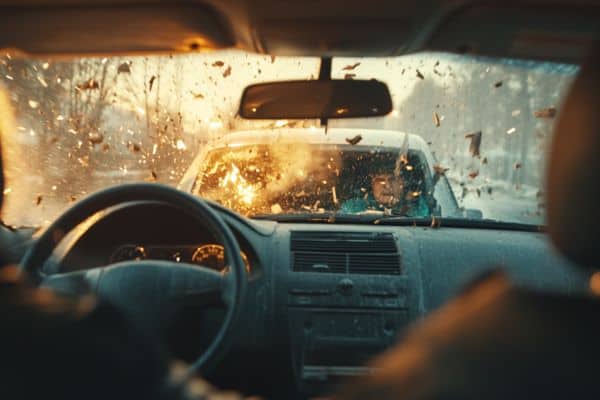
Our Denver firm has extensive experience handling a wide range of rideshare accident cases, including:
Accidents involving Uber passengers
When your trusted ride turns tragic due to negligent driving, leaving you to navigate complex insurance claims while recovering from injuries.
Accidents involving Lyft passengers
Life-altering collisions that occur during your ride, complicated by questions of driver status and insurance coverage phases.
Collisions with rideshare vehicles
Serious crashes caused by distracted Uber or Lyft drivers focused on their app instead of the road, endangering other motorists.
Accidents caused by rideshare drivers
Complex crashes involving drivers rushing to complete rides or secure new fares, putting profits ahead of passenger safety.
Pedestrian accidents involving rideshare vehicles
Devastating incidents when Uber or Lyft drivers fail to watch for pedestrians while searching for passengers or addresses.
Bicycle accidents involving rideshare vehicles
Serious collisions caused by rideshare drivers who negligently enter bike lanes or fail to yield while picking up fares.
Multi-vehicle accidents involving rideshares
Complicated crashes involving multiple insurance carriers and competing claims when rideshare vehicles trigger chain reactions.
Accidents due to rideshare driver fatigue
Preventable crashes caused by exhausted drivers pushing themselves to maximize earnings despite dangerous drowsiness.
Drunk driving accidents involving rideshares
Tragic collisions caused by impaired rideshare drivers who should have been ensuring their passengers’ safe return home.
Common Denver Rideshare Accident Injuries
Rideshare accidents can result in a variety of serious injuries.
Some common injuries include:
Why Choose Our Firm
Don’t Be Afraid, Call McQuaid
Our experienced team combines aggressive litigation tactics with compassionate client care to maximize your compensation while supporting you through every step of your recovery journey.
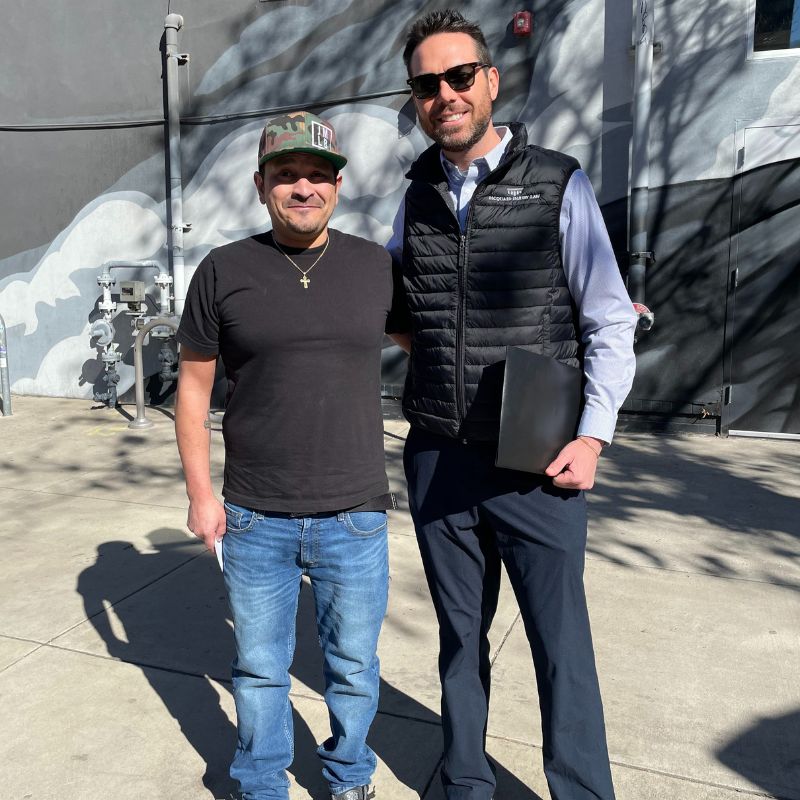
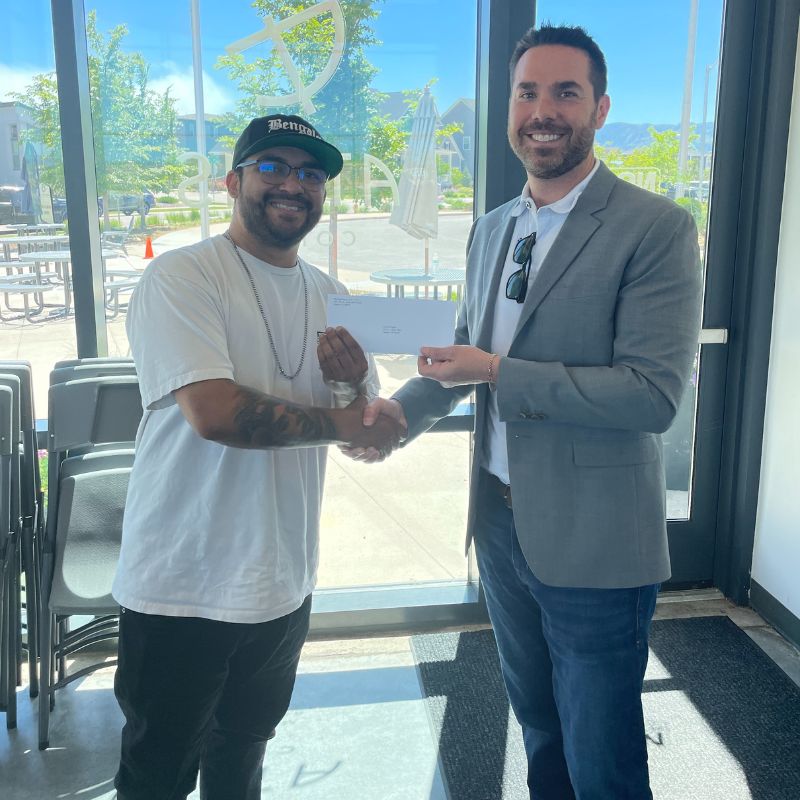
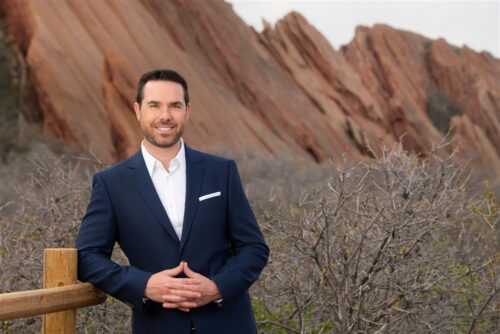
Our Process
From Injury to Justice: 5 Simple Steps
Getting fair compensation after a Denver rideshare accident is straightforward. Start with a free consultation at our downtown Denver office—we’re available 24/7 to serve the entire Front Range. Our team will investigate your case anywhere in the metro area, from DIA to Boulder, and handle all Colorado court paperwork while you focus on recovery. We’ll work with local law enforcement, gather surveillance footage from Denver’s traffic cameras, and build a strong case under Colorado’s rideshare laws.
We’ll fight aggressively through the Colorado legal system to win your case, whether your accident happened during a ride to Red Rocks, a late-night pickup in LoDo, or a trip through the Tech Center. You pay nothing unless we secure your settlement under state law. Your path to justice in Denver starts with one call to our 17th Street office, conveniently located near the Denver District Court.
Get a Free Case Evaluation Today
Victories Echoed: What Our Clients Say
Don’t just take our word for it—hear from those we’ve helped. Our clients’ stories of triumph over adversity speak volumes about our dedication and expertise. From life-changing settlements to compassionate support throughout the legal process, these testimonials reflect our unwavering commitment to justice. Discover why so many trust us with their most challenging moments.
Your Denver Rideshare Accident Questions Answered
Navigate the road to recovery with confidence as we address the most pressing questions our clients ask after experiencing a Denver rideshare accident.
Legal Insights: Stay Informed, Stay Empowered
Explore our regularly updated blog for expert analysis on personal injury law, practical tips for protecting your rights, and insider knowledge that could make all the difference in your case.




























